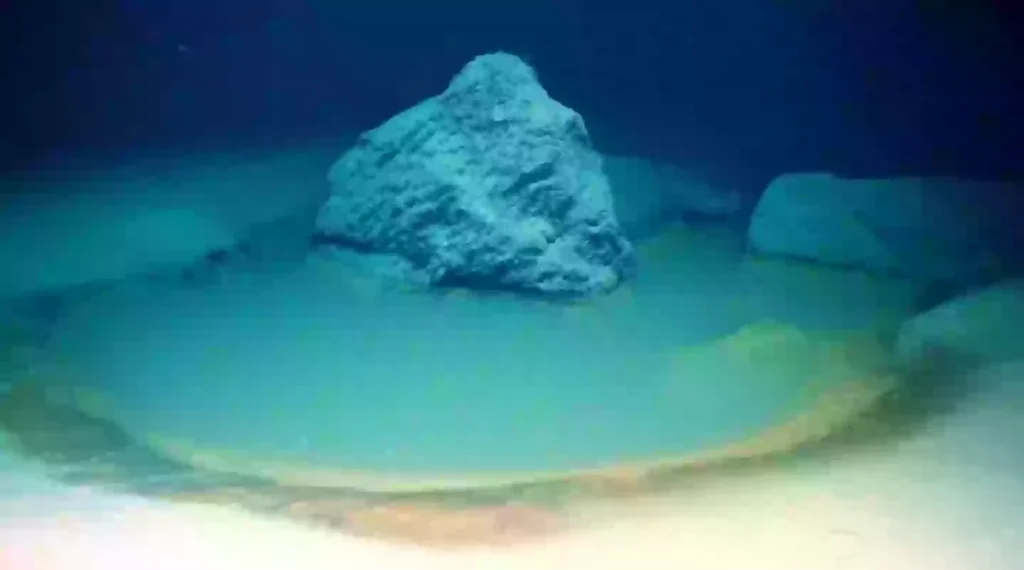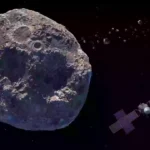The discovery was made 4,000 feet in the Gulf of Aqaba
Scientists believe a rare discovery in the area of the ocean associated with Moses parting the Red Sea might illuminate the origins of life on Earth.
The Gulf of Aqaba, bordered by Egypt, Israel, Jordan, and Saudi Arabia, measures 98 miles in length and varies between seven and 14 miles wide, as reported by the US Naval Institute.
This region is not merely a body of water but also holds historical significance as the purported site where Moses led the Israelites across from Egypt. Mount Sinai, where Moses is believed to have first encountered God, is thought to lie on the opposite side of the Sinai Peninsula adjacent to the gulf, as noted by the Institute of Biblical Archaeology.
Moreover, it presents a fascinating opportunity for scientists to probe deeper into the potential emergence of life on Earth, following the recent identification of ‘death’ pools situated approximately 4,000 feet below the ocean’s surface.

Brine pools were discovered at the bottom of the Red Sea (OceanX)
In 2022, Sam Purkis, a professor leading the Department of Marine Geosciences at the University of Miami, explained to Live Science, “Presently, we believe life on Earth likely began in the deep ocean, almost certainly under anoxic, or oxygen-free, conditions.”
“Deep-sea brine pools serve as excellent analogs for early Earth. Despite lacking oxygen and being hypersaline, they are rich with ‘extremophile’ microbes,” he continued.
“Studying these organisms provides insight into the conditions under which life first emerged on our planet, and could inform the search for life on other aqueous worlds within our solar system and beyond.”
Purkis also mentioned that compounds exhibiting antibacterial and anticancer properties have previously been derived from deep-sea microbes inhabiting brine pools.

